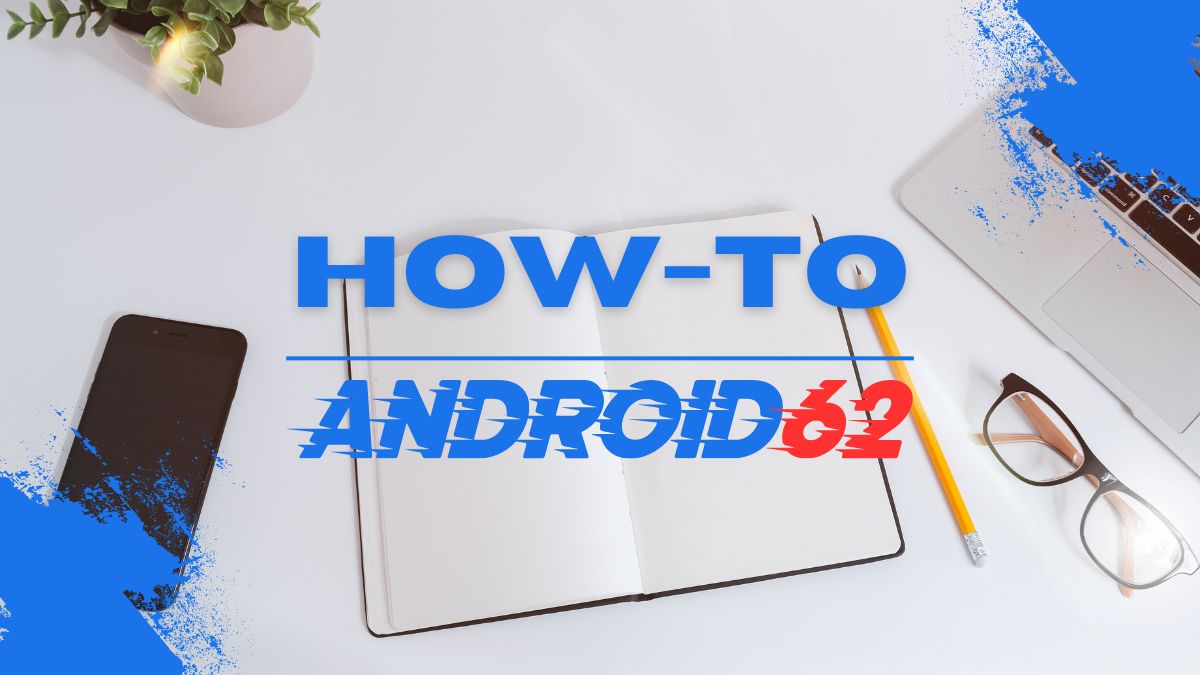
When you decide to sell a car that is still under finance, there are crucial steps you need to take to ensure a smooth and legal transaction. Selling a financed car can be a bit tricky, but it is entirely possible to do so without having to pay off the entire loan at once. By following the right procedures and being aware of your options, you can successfully sell your financed car without any issues.
1. Understand Your Loan Situation
Before you start the process of selling your financed car, it is essential to understand the specifics of your loan agreement. Check the terms of your loan, including the outstanding balance, interest rate, and any prepayment penalties that may apply. Understanding these details will help you determine how much you need to sell the car for to cover the loan amount.
2. Determine the Current Market Value of Your Car
Research the current market value of your car to get an accurate understanding of how much you can sell it for. Websites like Kelley Blue Book and Edmunds can provide you with an estimate based on the make, model, year, and condition of your vehicle. Knowing the market value will help you set a realistic selling price and negotiate with potential buyers.
3. Contact Your Lender
Inform your lender that you intend to sell the car and ask for the payoff amount. This amount is the total sum needed to pay off the loan in full. Request a written payoff statement from the lender that includes any additional fees or charges that may apply. It is crucial to have this information ready for the sale process.
4. Determine If You Can Sell the Car for More Than the Payoff Amount
One option to consider is selling the car for more than the payoff amount. If you can sell the car for a higher price than what you owe on the loan, you can use the excess funds to pay off the loan and transfer the title to the new owner. This option is the most straightforward and hassle-free way to sell a financed car.
5. Consider a Short Sale
If you are unable to sell the car for more than the payoff amount, you may consider a short sale. In a short sale, the buyer pays the agreed-upon price for the car, and you cover the difference between the sale price and the loan balance. Although it may result in financial loss, a short sale can help you get out of the loan without having to pay off the entire balance upfront.
6. Transfer the Title
Once you have reached an agreement with a buyer, you will need to transfer the title of the car to the new owner. Contact your state’s Department of Motor Vehicles (DMV) to learn about the specific requirements for transferring ownership. Make sure to fill out all necessary paperwork accurately and follow the proper procedures to complete the sale legally.
7. Pay Off the Loan
If you have sold the car for less than the loan balance, you will need to pay off the remaining balance to close the loan account. Use the funds from the sale to cover as much of the loan as possible and work with your lender to settle the remaining amount. It is essential to clear the loan to avoid any legal or financial repercussions.
8. Be Transparent with the Buyer
When selling a financed car, it is crucial to be transparent with the buyer about the loan situation. Disclose that the car is under finance and provide details about the outstanding balance and the steps you are taking to transfer ownership. Honesty is key to building trust with potential buyers and ensuring a smooth transaction.
9. Seek Legal Advice if Needed
If you encounter any complications or uncertainties during the sale process, consider seeking legal advice from a lawyer specializing in vehicle transactions. A legal professional can offer guidance on how to navigate the sale of a financed car and ensure that all legal requirements are met.
10. Finalize the Sale
Once you have completed all the necessary steps, finalized the sale with the buyer. Provide them with all the required documents, including the title transfer paperwork and any maintenance records for the vehicle. Ensure that the buyer is satisfied with the purchase and that all terms of the sale are met.
By following these essential steps and being proactive in managing the sale of your financed car, you can successfully complete the transaction without having to pay off the loan in full upfront. Remember to stay informed, communicate openly with all parties involved, and comply with all legal requirements to ensure a seamless selling process.
Do you have any additional tips for selling a financed car without paying it off? Share your insights in the comments below!



